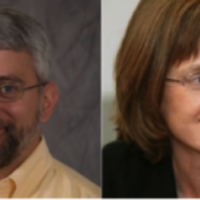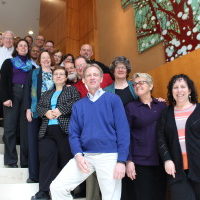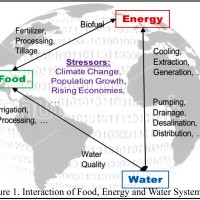
One Hundred Year Study on Artificial Intelligence
What do you think your field will look like in 100 years? Speculating about the world a century from now may be too challenging, so what if instead a community took it upon itself to periodically assess its progress and potential nearer-term futures over time? How might such reflections influence the rate of progress, the types of problems that the field focuses on, the public perception of the work, or the ability to anticipate and address thorny ethical or policy questions?
The first step on a project to answer these questions was taken with the release of the first report of the One Hundred Year Study on Artificial Intelligence (AI100).














